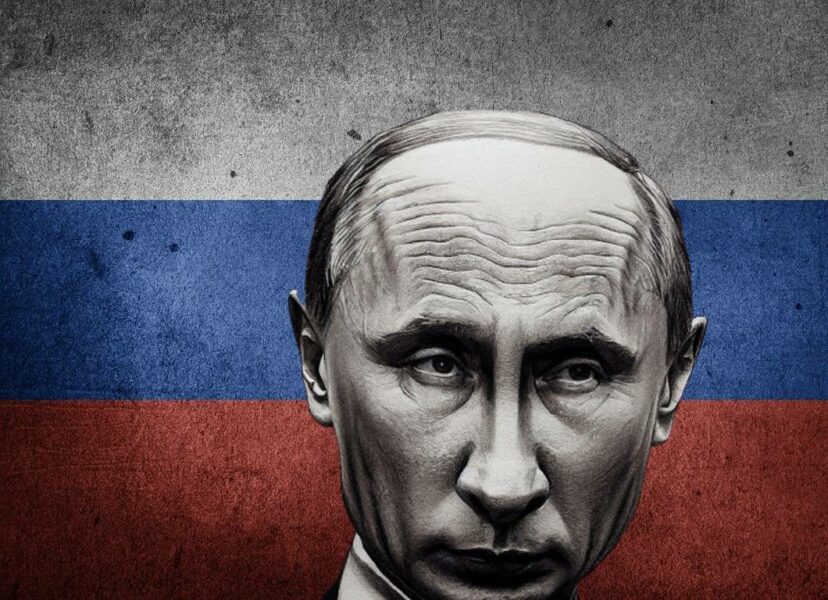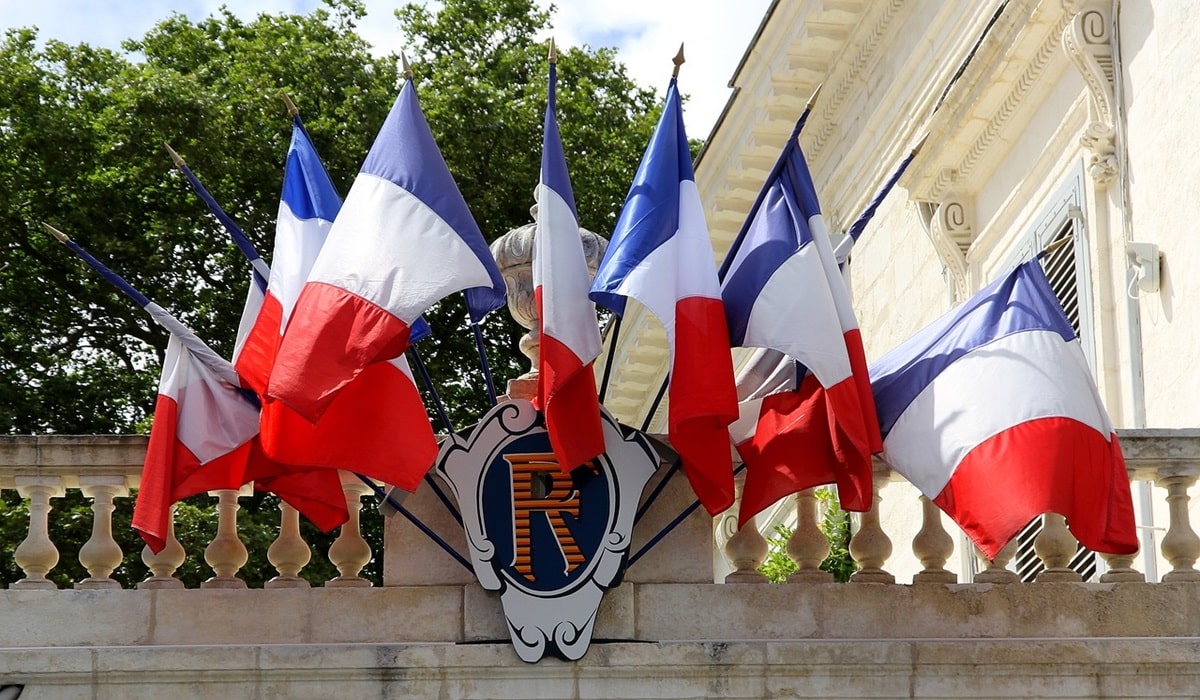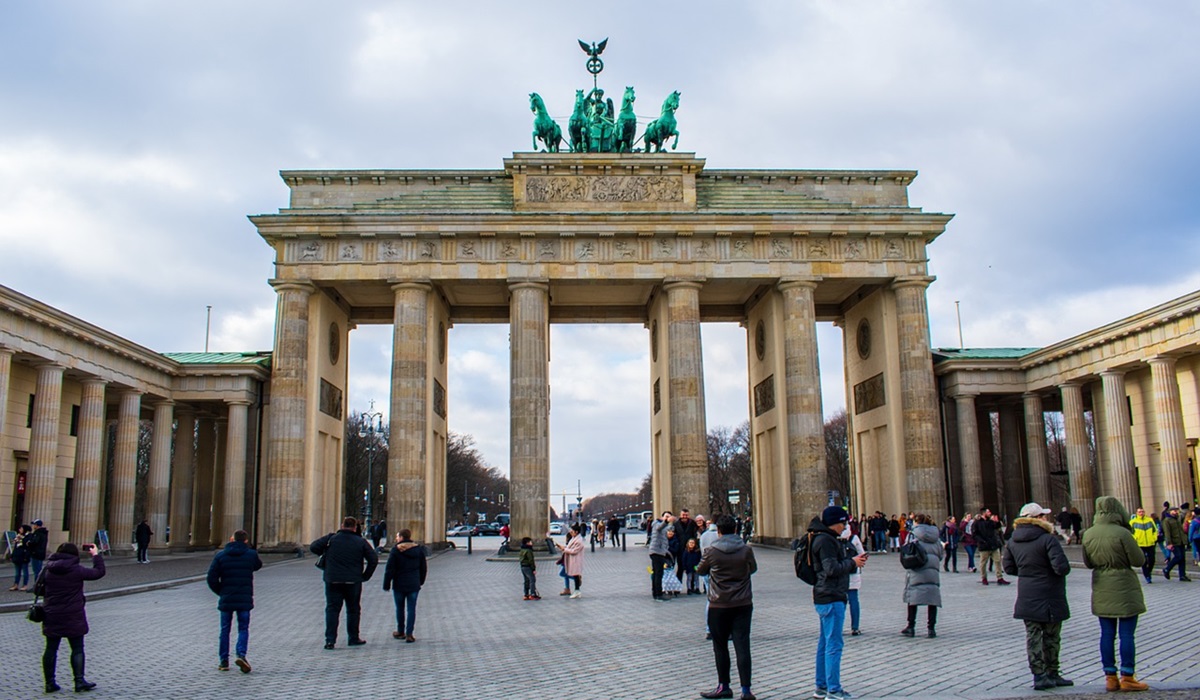Because Of This Reason, Russia Cannot Be Kicked Out Of The U.N
- TDS News
- Asia
- Breaking News
- China
- East Asia
- Europe
- December 28, 2022

Russia is a founding P5 member of the United Nations; therefore, it can not be kicked out
Russia is a founding member of the United Nations, and as such, it cannot be expelled from the organization. More specifically, Russia took over from the Union of Soviet Socialist Republics (USSR. When a country is a signatory to the U.N. and breaks up, they fall into one of two categories, a successor state or a continuing state.
A successor state refers to the formation of a new country and would require renegotiation with the U.N. to gain access back into the organization. Whereas the continuing state, EI Russia, the larger remaining country from the breakup, will ask the U.N to amend its charter to reflect a name change as it has all the rights afforded to them under the previous country name, EI the U.S.S.R.
The U.N. was founded in 1945, following the end of World War II, with the hopes of preventing future conflicts and promoting international peace and security. The organization comprises 193 member states, including Russia, among the founding five members known as the P5. Each member state has equal representation and is entitled to participate fully in the organization’s decision-making process.
The call for Russia’s expulsion from the United Nations by the Ukrainian President Volodymyr Zelensky is virtually impossible, being a founding member and having the power to veto any critical decisions made within the group.
The veto power of the five permanent members of the United Nations Security Council (also known as the “P5”) – China, France, Russia, the United Kingdom, and the United States – is a fundamental feature of the organization, and there is no provision for removing or suspending it. The veto power allows the P5 to block the adoption of any substantive resolution, regardless of the level of support it may have among the other members of the Security Council. This power was established as part of the negotiations that led to the creation of the United Nations. It was seen as a way to ensure that the P5 would have a special role in maintaining international peace and security. While the veto power has been a source of controversy at times, it has also played an essential role in maintaining the organization’s stability and preventing the adoption of resolutions that could have negative consequences for international peace and security.
There have been various proposals for reforming the United Nations and its decision-making processes, including suggestions for limiting or abolishing the veto power of the P5. However, any changes to the veto power would require the agreement of all five P5 members, which is unlikely to happen as they are likely to be resistant to any changes that would diminish their influence within the organization.
However, there are other ways in which the United Nations could be reformed. Some suggestions include expanding the membership of the Security Council to better reflect the global balance of power, increasing the transparency and accountability of the organization, and enhancing the role of regional organizations in maintaining international peace and security. Other proposals focus on improving the effectiveness and efficiency of the United Nations, such as streamlining its bureaucracy and better coordinating its various agencies and programs.
Ultimately, the process of reforming the United Nations will depend on the willingness of member states to work together and find common ground on the issues that need to be addressed. It will also require a commitment to compromise and cooperation and recognition that the organization plays a vital role in addressing global challenges and promoting international cooperation.








